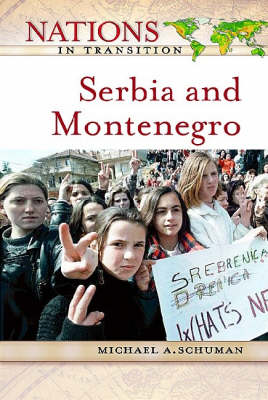Nations in Transition
1 total work
In 2003, the Federal Republic of Yugoslavia, comprised of the two republics that had chosen to remain within the Yugoslav Federation, was renamed Serbia and Montenegro. Since the nation's founding, the country has frequently been portrayed in a negative light in international news, and changing the image of an international pariah will be one of its challenges for the future. Under President Slobodan Milosevic, Serbia led military campaigns against neighboring republics in an effort to create a ""Greater Serbia."" In 1998, Serbian police joined the Yugoslavian army in fighting the separatist Kosovo Liberation Army but were forced to withdraw after NATO began military air strikes against targets in Serbia. Milosevic was later imprisoned at the Hague, indicted as a war criminal. Then, in March 2003, the newly elected Serbian prime minister Zoran Djindjic was assassinated in Belgrade. Serbia and Montenegro provides students with a comprehensive and up-to-date guide to this nation and its people as they struggle to establish a functioning democracy. Presenting a fair assessment of recent events in the country and a balanced overview of Serbia and Montenegro's history with an emphasis on recent events, this volume gives students and general readers access to valuable information that is not easily available elsewhere.
